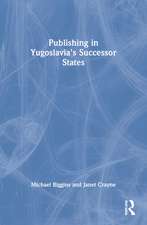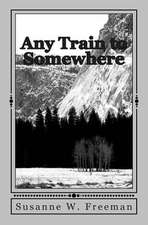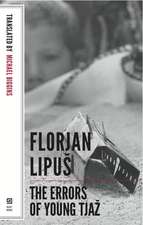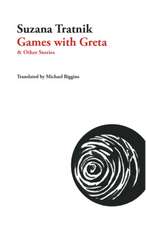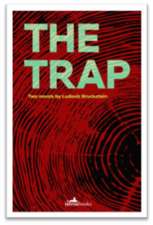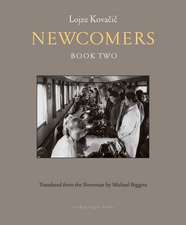The Masochist
Autor Katja Peraten Limba Engleză Paperback – 9 sep 2020
Katja Perat's novel is a serio-comical fictional romp through the Habsburg Empire of the fin de si cle, beginning in 1874 Lemberg (present day Lviv/Lvov in Ukraine), continuing to Vienna, and ending in the Habsburg Adriatic seaport of Trieste in 1912. Along her way, the protagonist, the daughter of Leopold von Sacher-Masoch encounters luminaries of the Empire's cultural elite, including Gustav Klimt and his models Adele Bloch-Bauer and Emilie Fl ge, Gustav and Alma Mahler, Sigmund Freud, Theodor Herzl, the Princess von Thurn und Taxis, Rainer Maria Rilke and others, in each case providing the reader with new, seemingly first-hand insights into these real-life individuals' characters and thought, not to mention the protagonist's own long and sometimes tortured personal development and emotional maturation. Its title notwithstanding, The Masochist is a delight and immensely rewarding to read: witty, energetic, erudite, profound, and all of a piece.
Preț: 94.61 lei
Nou
Puncte Express: 142
Preț estimativ în valută:
18.10€ • 18.94$ • 15.04£
18.10€ • 18.94$ • 15.04£
Carte tipărită la comandă
Livrare economică 02-16 aprilie
Preluare comenzi: 021 569.72.76
Specificații
ISBN-13: 9781912545179
ISBN-10: 1912545179
Pagini: 196
Dimensiuni: 129 x 198 x 11 mm
Greutate: 0.2 kg
Editura: ISTROS BOOKS
ISBN-10: 1912545179
Pagini: 196
Dimensiuni: 129 x 198 x 11 mm
Greutate: 0.2 kg
Editura: ISTROS BOOKS
Descriere
This is a pseudo-autobiographical novel that returns post-postmodernism to modernism and offers an intimate portrayal of the limits of women's desire and freedom against the backdrop of ethnic, class and gender tensions of a declining Austro-Hungarian empire.

